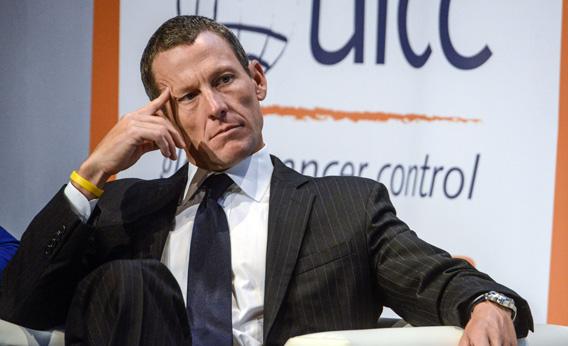
I bring the controversy surrounding Lance Armstrong forward in this forum not because I wish to cast stones at Mr. Armstrong, but because the issue goes to the heart of truthfulness and integrity in our work. David Miller at Princeton University recently wrote a thoughtful piece on this at his faith and work blog http://faithandworkblog.com/2012/12/04/which-lance-do-we-embrace/. This story unfolds at a time when society is driven primarily by economic forces and considerations (as opposed to moral and ethical). In such a society, the temptation to cheat (e.g., use performance enhancing drugs to win athletic competitions), lie (e.g., deny the use of those drugs in winning the competitions), and steal (e.g., sell personal endorsements and sponsorships based on celebrity gained from winning competitions while using drugs) is extraordinarily strong. Many of us face similar temptations in our own lives and work. Reports in the media often demonstrate that these temptations can be strong, and the will can be weak. During these times it may be helpful to emulate figures like the Buddha and Jesus, both of whom were tempted after long periods of deprivation. While these sages were up to the task, history reveals that individuals often are not. In those cases, it may be helpful to quickly admit where we go astray (as it appears Mr. Armstrong is about to do), ask for forgiveness, and strive for redemption.